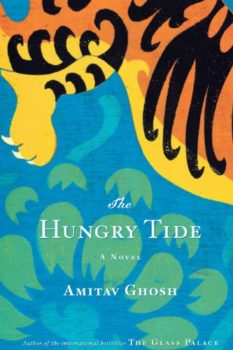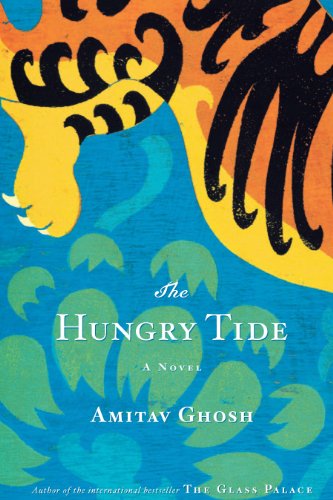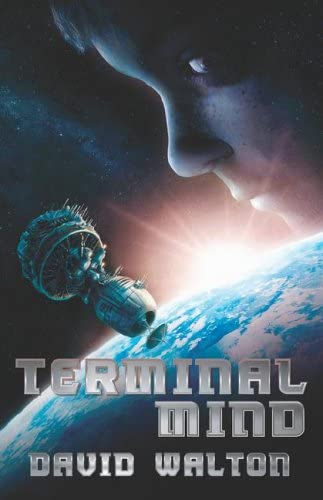
Estimated reading time: 4 minutes
For thousands of years, the history of what is India today has been shaped by large-scale population movements. Ever since the arrival of anatomically modern humans tens of thousands of years ago, the subcontinent has been wracked by periodic invasions and flows of refugees. Among the most prominent were the Aryan migration in the second millennium BCE and the Islamic conquest late in the first millennium CE. And, in recent times, the partition between India and Pakistan. Yet these huge historical population shifts don’t tell the whole story. Lesser-known events have affected tens of millions of lives through the ages. And one of those is central to the tale Amitav Ghosh tells in this engaging Indian historical novel, The Hungry Tide.
Millions of refugees in eastern India
It’s little recognized in the United States. But the 1971 Bangladeshi War of Independence from West Pakistan was a cataclysmic event that resulted in the death of as many as three million people; an estimated ten million Bengali refugees fled across the border to India, and some thirty million were internally displaced. (For perspective on the crucial role played by the United States in these events, see my post, Nixon, Kissinger, and the genocide history has ignored.) And, of course, the impact of those events reverberated through the region for many years thereafter as Bengali refugees attempted to settle in the already crowded cities and towns of West Bengal, Odisha, and Bihar. Ghosh’s story revolves around a smaller-scale movement of people that was rooted in those events.
The Hungry Tide by Amitav Ghosh (2014) 352 pages ★★★★☆
The background to this Indian historical novel
Although the Bangladeshi War of Independence took place in 1971, refugees were still pouring into India in the late 1970s. An estimated 40,000 of them made their way to the Sundarbans on the coast of West Bengal. There, mangrove forest dominates the land. Innumerable, fast-shifting streams form low-lying islands as the Ganges and Brahmaputra rivers converge and flow into the Bay of Bengal. The refugees settled on Marichjhapi, an island that was the equivalent of an American national forest and wildlife sanctuary. The Communist government of West Bengal first tried to oust them with an economic blockade that drove thousands on the island to the point of starvation. But when even that failed to force the refugees to leave, police began forcibly evicting them and opened fire in the process. Between 500 and 1,000 died.
An eventful—and perilous—adventure
In The Hungry Tide, Ghosh treats these events as background. The novel tells the story of two people, a young Indian-American scientist and an older Indian man whose lives converge in the Sundarbans. Piyali (Piya) Roy is a cetologist who has come to India to study river dolphins, a species discovered in the Irrawaddy River in Myanmar (then part of India). Kanai Dutt owns and runs an agency in New Delhi that provides translation and interpreting services to government and the private sector alike.
River dolphins, man-eating tigers, and a massive cyclone
At Kanai’s invitation, Piya travels to his aunt’s hospital on one of the islands. Based there, she sets out in search of river dolphins in the waters that divide the islands. When she nearly drowns at the hands of the guide and soldier imposed on her by government regulations, her life is saved by a local fisherman. And that is just the beginning of Piya’s eventful—and perilous—adventure. As the action unfolds, both she and Kanai as well as the fisherman will encounter man-eating tigers and a massive cyclone. Amitav Ghosh has written an Indian historical novel that is at once exciting, suspenseful, and deeply rewarding for any student of history.
For related reading
Previously I’ve reviewed four other historical novels by Amitav Ghosh and immensely enjoyed them all:
- Sea of Poppies (Ibis Trilogy #1) — A superb historical novel about the opium trade
- River of Smoke (Ibis Trilogy #2) — A brilliant Indian novel about the First Opium War
- Flood of Fire (Ibis Trilogy #3) — An outstanding Indian novelist looks at the Opium War
- The Glass Palace — A sweeping historical novel set in Burma
I’ve also loved Smoke and Ashes: A Writer’s Journey Through Opium’s Hidden Histories by Amitav Ghosh (A new history of opium as addictive as the drug).
Check out, too, Good books about India, past and present.
You might also enjoy 20 most enlightening historical novels and 20 top nonfiction books about history.
And you can always find my most popular reviews, and the most recent ones, on the Home Page.


























